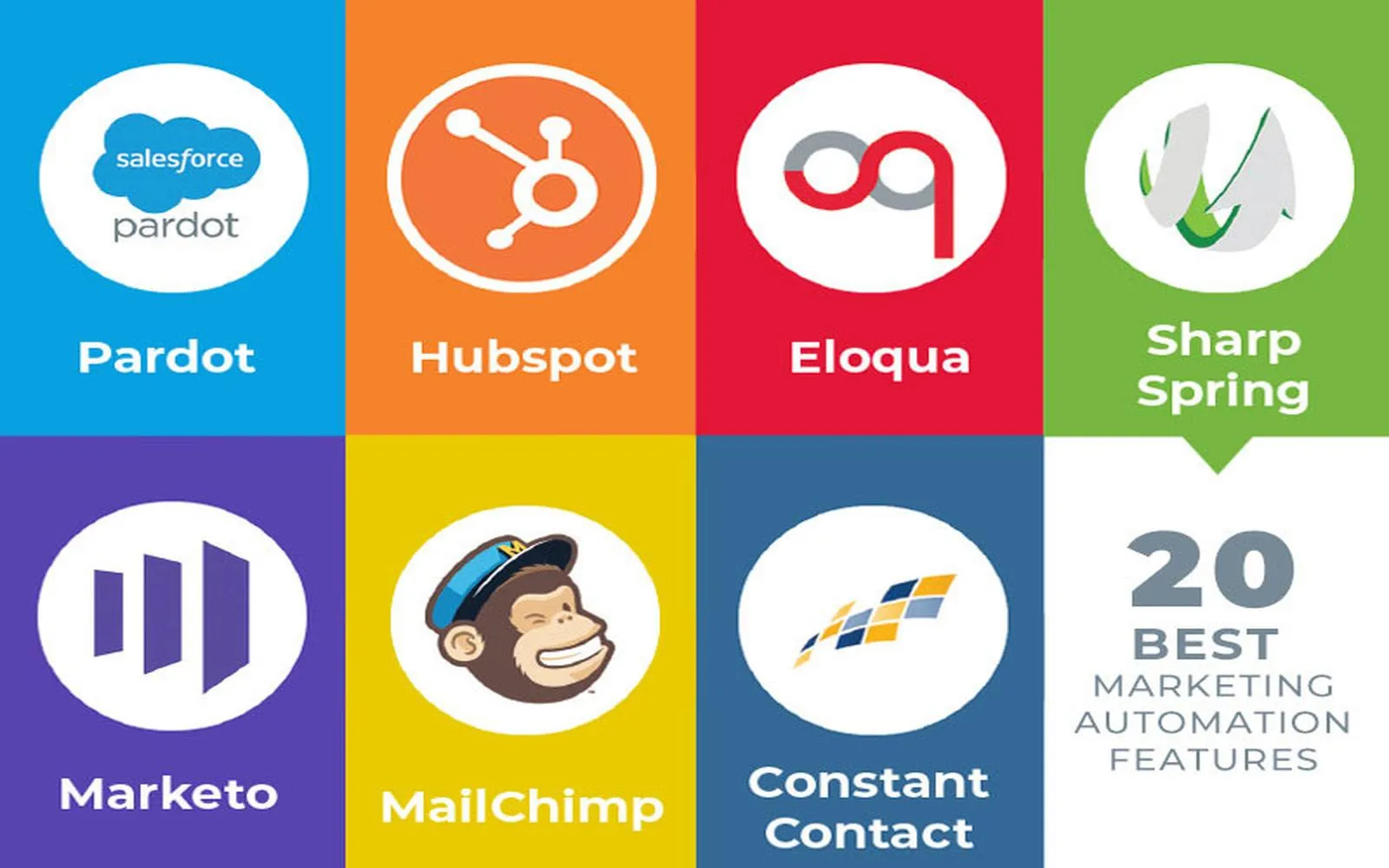1. Email Marketing Automation
Email marketing automation allows businesses to send targeted messages to their audience based on their behavior, preferences, and interactions with previous emails. With tools like ReferrerAdCreative, marketers can set up automated campaigns that trigger emails at specific times or after certain actions, ensuring timely delivery of content and maximizing engagement.
2. Social Media Scheduling
Automating social media posts is essential for maintaining an active online presence without the need for constant manual updates. Platforms integrated with ReferrerAdCreative allow users to schedule posts across various social media channels ahead of time. This ensures consistent messaging and helps in optimizing reach and engagement during peak times.
3. Lead Scoring
Lead scoring is a vital component of marketing automation. It involves assigning values to leads based on their interactions and engagement levels. Using ReferrerAdCreative, businesses can automate the lead scoring process, enabling sales teams to prioritize leads that are more likely to convert into customers, thereby increasing overall efficiency.
4. Customer Segmentation
Effective marketing relies heavily on understanding your audience. With automation, customer segmentation becomes easier and more precise. ReferrerAdCreative allows marketers to segment their contacts based on various criteria, such as demographics, purchase history, or engagement levels. This targeted approach enhances marketing efforts, leading to higher conversion rates.
5. Drip Campaigns
Drip campaigns are a series of automated emails sent to nurture leads over time. These campaigns are designed to educate and engage potential customers gradually. With tools like ReferrerAdCreative, businesses can create and manage drip campaigns that deliver relevant content at the right intervals, keeping the audience engaged without overwhelming them.
6. Behavioral Targeting
Behavioral targeting involves using data on user actions to shape marketing strategies. By analyzing how users interact with websites and emails, ReferrerAdCreative enables marketers to create tailored content that resonates with specific audiences. This personalization boosts the likelihood of conversions and enhances customer satisfaction.
7. Performance Analytics
Marketing automation tools provide comprehensive analytics to track the performance of campaigns. ReferrerAdCreative offers detailed insights into key metrics such as open rates, click-through rates, and conversion rates. By leveraging this data, marketers can refine their strategies, ensuring continuous improvement and better ROI.
8. A/B Testing
A/B testing is crucial for optimizing marketing efforts. By automating the A/B testing process, businesses can test different versions of emails, landing pages, or ads to identify what works best. ReferrerAdCreative facilitates this process, allowing marketers to automate the testing phases and quickly implement the most effective strategies based on real data.
Conclusion
Integrating marketing automation into your business strategy can significantly enhance efficiency and effectiveness. With tools like ReferrerAdCreative, marketers can leverage various automation techniques to streamline their processes, improve customer engagement, and ultimately boost sales. By implementing these eight essential marketing automation examples, businesses can stay ahead of the competition and achieve their marketing goals.
Chart: Overview of Marketing Automation Examples
| Automation Type | Description | Benefits |
|---|---|---|
| Email Marketing Automation | Automated email campaigns based on user behavior. | Increased engagement and timely communication. |
| Social Media Scheduling | Scheduled posts across multiple platforms. | Consistent presence and optimized reach. |
| Lead Scoring | Assigning values to leads based on interactions. | Prioritization of high-potential leads for sales. |
| Customer Segmentation | Grouping contacts based on specific criteria. | Targeted marketing efforts and higher conversions. |
| Drip Campaigns | Automated series of emails to nurture leads. | Gradual engagement without overwhelming prospects. |
| Behavioral Targeting | Using user actions to personalize content. | Improved relevance and customer satisfaction. |
| Performance Analytics | Tracking campaign performance metrics. | Informed decisions for strategy refinement. |
| A/B Testing | Testing different versions for optimization. | Data-driven improvements for higher effectiveness. |





